
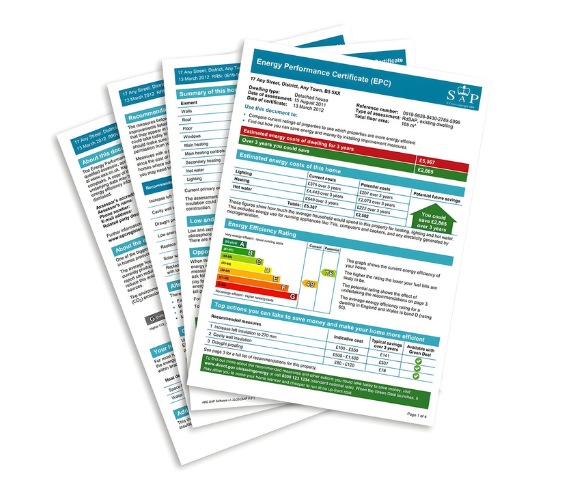
Display Energy Certificates have been a legal requirement for all public buildings since October 2008, although a large section of the population is still unaware of this fact - including some people who are responsible for arranging for a DEC certificate for the properties they oversee.
Part of the EPC Crew's mission is to assess these buildings, provide Display Energy Certificates, and ensure that you are complying with the current laws.
A Display Energy Certificate (DEC) is similar to the Commercial Energy Performance Certificate (EPC) required for commercial buildings.
Both are issued following an inspection of each building to assess energy use and energy efficiency, but in the case of the DEC, this has to be displayed in a prominent place clearly visible to the public.
The certificate provides an operational rating from A to G, showing how efficiently the energy is being used. An A rating is the most efficient, while a G is the least. Each rating is based on the metered energy used within the building, based on actual meter readings.
This is used to inform visitors of the energy rating of each public building, should they wish to know.
We covered this in more detail over on our blog in a post entitled “What is a display energy certificate?”.
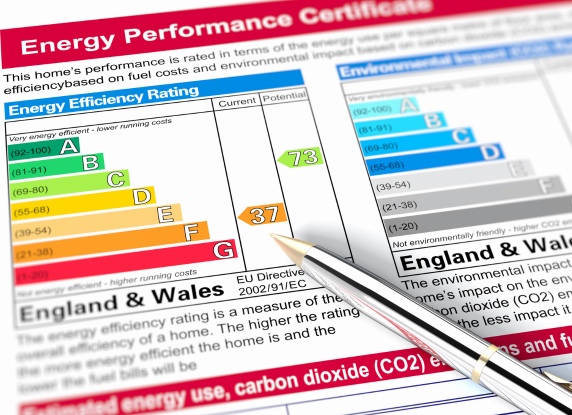

The whole point of Display Energy Certificates is to raise public awareness of the actual energy usage of each building. This allows them to judge whether the public authority is using the energy efficiently or not.
As taxpayers, the public has a right to know how their taxes are being spent, and that includes having access to energy information and the energy efficiency of each building used by the authorities.
Our goal is to consistently deliver exceptional service to all of our customers, regardless of property size. We hold ourselves to the same high standards for every client who relies on us for their EPC needs.








One of the most significant benefits of DECs is the potential for cost savings. By identifying areas where energy use can be reduced, you can make informed decisions that lead to substantial energy cost reductions over time.
Reducing energy consumption in line with DEC recommendations significantly decreases your carbon footprint. This not only aligns your organisation with environmental responsibility but also contributes to a greener and more sustainable future.
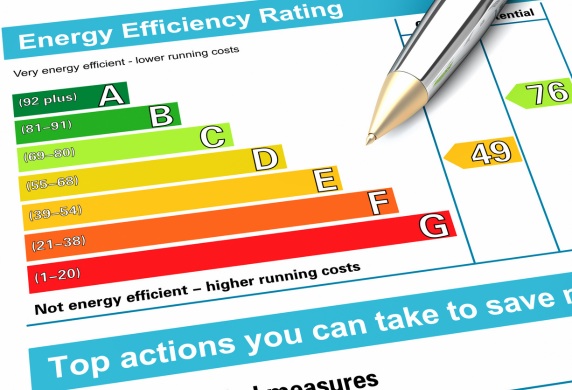
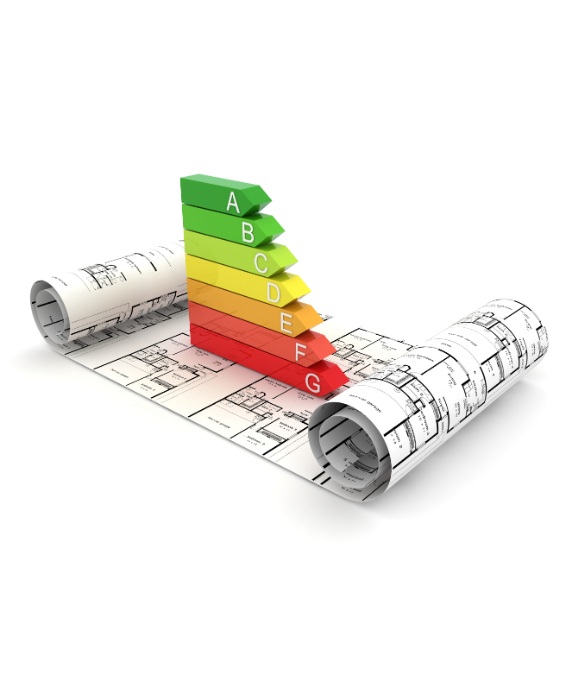
In the UK, Display Energy Certificates (DECs) are required by law. Specifically, they are required for buildings frequently visited by the public and are occupied by a public authority or institution. The key criteria for a building to need a DEC are:
The building must have a total useful floor area exceeding 250 square meters. It's important to note that this measurement includes all usable space within the building.
The building should be accessible to the public or have regular visitors. Buildings like local council offices, schools, leisure centres, universities, hospitals, and government facilities typically fall into this category.
These requirements are in place to promote transparency in energy consumption and encourage energy efficiency in public buildings. Failure to comply with these regulations can lead to penalties and legal consequences.
Under the current laws (the Energy Performance of Public Buildings Directive), private organisations do not require a DEC and advisory report. At the moment, this law only applies to properties occupied by public authorities or those providing a public service.
However, this is optional and private organisations can choose to obtain a DEC if they so wish, and the EPC Crew can help you with this. You will also require an EPC if the building is sold or rented, and that's something we do as well.
A Display Energy Certificate assessment and the accompanying Advisory Report are typically performed by certified and accredited energy assessors, like those from the EPC Crew.
Our assessors have the necessary qualifications and training to conduct the assessments and provide expert guidance on improving energy efficiency in buildings.
It's important to ensure that the energy assessor you choose is accredited and qualified to perform DEC assessments, as the accuracy of the assessment and the quality of the Advisory Report are crucial for compliance and for making informed decisions about energy efficiency improvements.
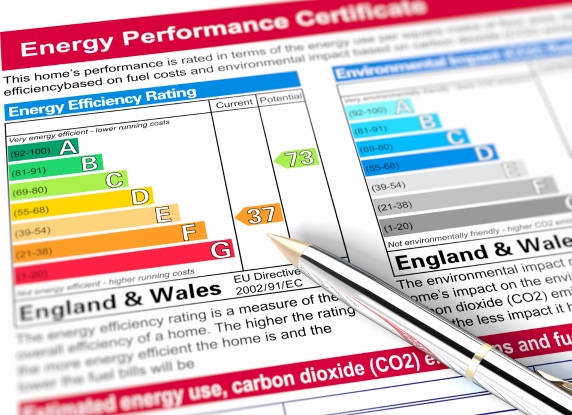
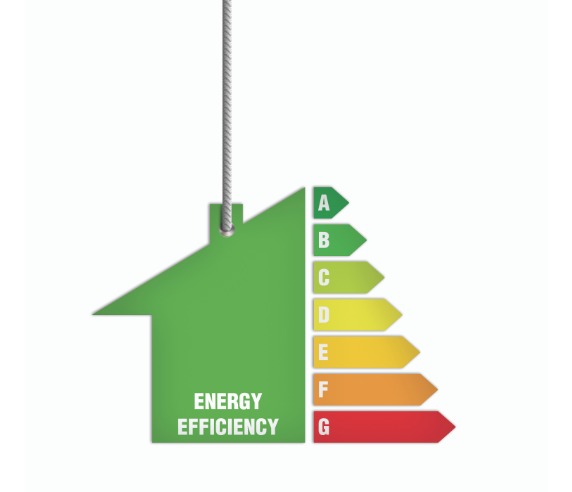
An EPC Crew specialist will visit the site to undertake a visual inspection, during which they will collect all of the necessary information.
The assessment involves data related to the actual energy consumption of the building, typically over a 12-month period, including energy bills for solid fuels, oil fuels, gas fuels, any district heating or cooling, grid electricity, and electricity generated on-site or via private distribution systems.
The energy assessor will analyse this data and calculate the energy performance of the building, taking into account the total energy use and carbon emissions.
Based on the assessment, the energy assessor prepares the DEC and the Advisory Report. The Advisory Report contains recommendations for improving the building's energy efficiency. It provides valuable insights and suggestions on how the building's energy performance can be enhanced.
Your DEC and advisory report includes a unique certificate reference number that is used to identify the specific building it relates to.
On average, it takes between one and two hours to perform the assessment, depending on the size and complexity of the building.
However, the entire process, from the initial application to the delivery of the certificate and advisory report, can be delayed if you do not provide the necessary data.
We generally submit the completed DEC to the government database within 24 to 48 hours after leaving the premises, after which we will email your copy to you along with the advisory report.

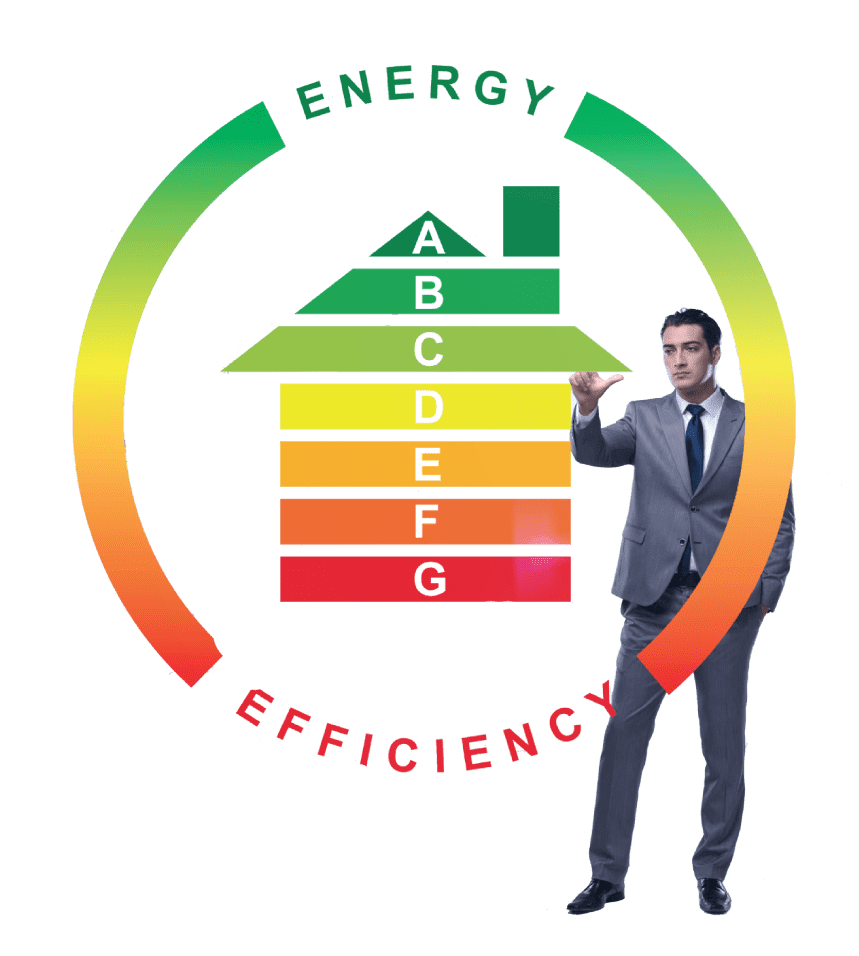

It depends on the size of the building in question:
It is important that whoever is responsible for this ensures that the DEC and advisory report are up to date.
If you fail to display your DEC in a prominent place that's clearly visible to the public, you can be fined up to £500, and failure to be in possession of a valid advisory report carries a maximum fine of £1,000.
If you're unsure about Display energy certificates or advisory reports, particularly if you think yours may not be valid, contact the EPC Crew without delay!
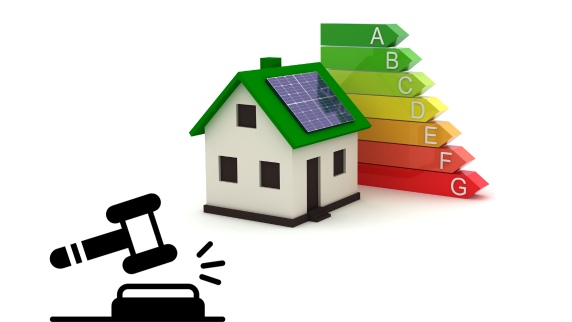

Our assessors aim to make this process as easy and straightforward as possible. All they require is that you make all the necessary data available in good time and that they are allowed safe and unrestricted access to the building in question.
When your DEC is due, don't leave it too late; reach out to the EPC Crew, and we'll sort everything out for you. Our professional team will ensure that your building is compliant and that you have all the information you need to make the property as sustainable as possible.
Choose the EPC Crew for a greener and brighter future!
Submit your review | |


In the UK, public buildings with a total useful floor area over 250 square metres that are occupied by public authorities and institutions providing public services to a large number of persons are legally required to display a Display Energy Certificate prominently.
A Display Energy Certificate for public buildings in the UK is valid for one year for buildings with a total useful floor area greater than 1,000 square metres. For buildings between 250 square metres and 999 square metres, the DEC is valid for 10 years.
Failure to display a DEC in a public building in the UK can result in a penalty charge notice. The responsible authority may issue a fine of £500 for failing to display a DEC and £1,000 for not having a valid advisory report.
An Advisory Report provides recommendations for improving the energy efficiency of the building. In the UK, it is mandatory to have an Advisory Report alongside the DEC for public buildings, and it is valid for seven years, detailing measures to improve the energy ratings.
